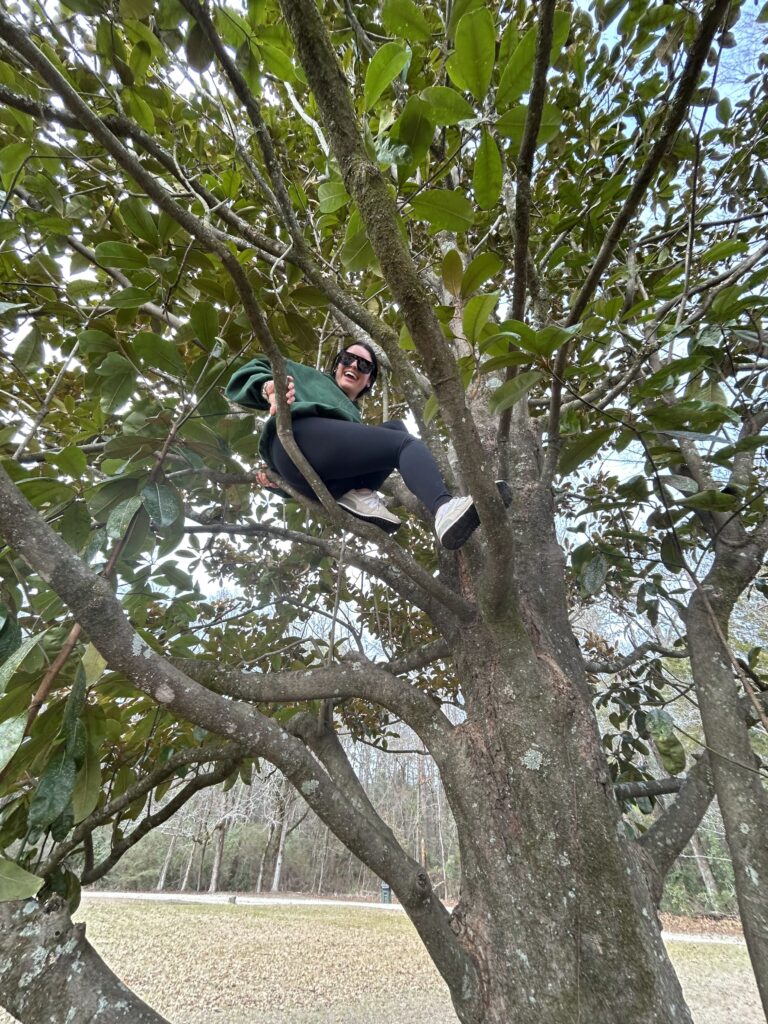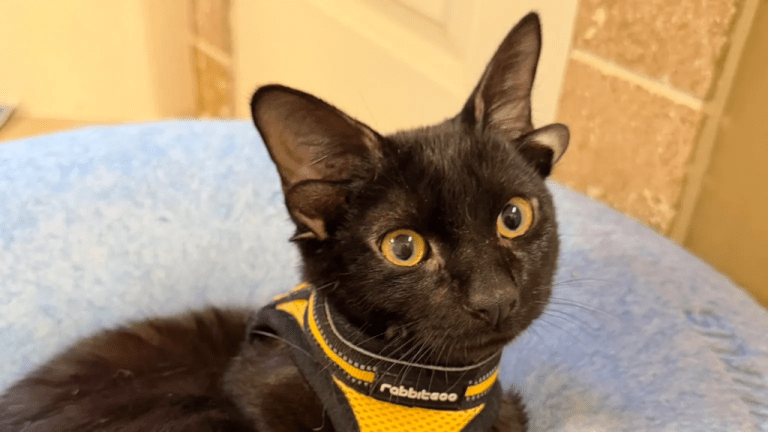Reviewed by: Pat Byington
BearWise: Alabama part of program to protect bears
Reading time: 3 minutes

You probably know that the Black Bear is the official state mammal of Alabama.
What you might not know is that Alabama is also a BearWise state.
What is BearWise?

BearWise is a an education and outreach program aimed at safe coexistence with bears. State agency biologists developed the program to ensure consistent messaging on bear interactions throughout the country.
The program is part of the Association of Fish and Wildlife Agencies and is managed by a team of North American bear biologists. It is supported and funded by member state wildlife agencies, including the Alabama Department of Conservation.
Bears in Alabama

Alabama was home to many Black bears when the state was founded in 1819, hence the decision to make it the official state mammal. However, their numbers have dwindled as Alabama’s population grew.
Today, black bears are only known to live in two parts of the Yellowhammer State: the Northeast corner and the Mobile and Washington county areas. Efforts are underway to help these bears thrive amidst risks to their longterm survival.
What to know

One of the most important pieces of information BearWise programs communicate is to not try and feed the bears. Though some think they’re helping them by leaving out scraps they can easily access, they are instead reinforcing a dangerous and deadly notion.
“There’s a common adage out there that a fed bear is a dead bear and what that means is once a bear is fed from a human or has access to human provided foods, that bear will often have to be euthanized or put down because it has learned that humans are a food source. So, we really want to avoid that.”
Hannah Leeper, bear researcher, told Fox10 News
Here’s some simple steps Outdoor Alabama recommends to help our bear population:
- Only put trash outside on pick-up days, do not leave it there overnight
- Remove any deer or bird feeders at the first sign of bear activity in the area
- Feed pets inside, or ensure they are only fed an amount they will eat in a short timeframe
- Store grills and smokers inside the prevent luring bears that may then damage the equipment
NEVER approach a bear, no matter how cuddly or harmless they might look. But if you do encounter one, follow these tips:
- Do not run. Instead, try to back away slowly
- Stand tall and upright at all times
- Do not make eye contact
- Give the bear plenty of space to escape
Have you ever seen a black bear in Alabama? Tell us about it by tagging @thebamabuzz on social media.



